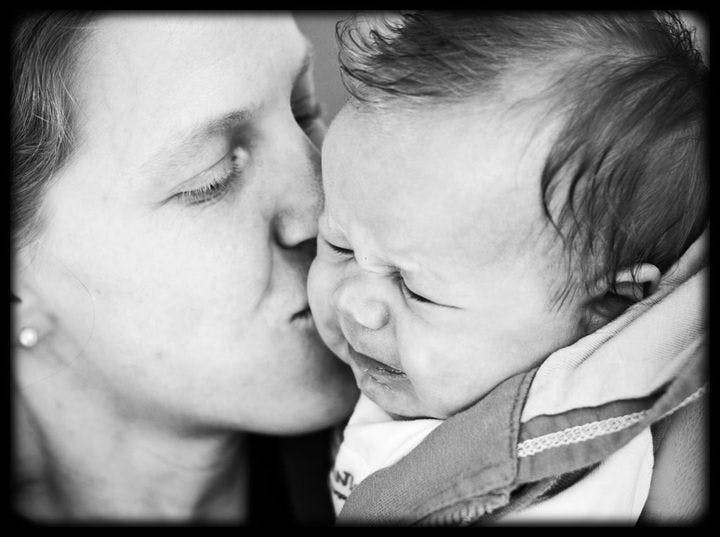Summer 2011
Parenthood's Second Wind
– The Wilson Quarterly
Parenthood correlate with a lower degree of self-reported happiness. But the subjective well-being of parents changes dramatically with age.
Many people think of parenthood as one of the defining joys of their lives. But lots of studies show that moms and dads are less happy than childless adults. Rachel Margolis, a PhD candidate in demography and sociology at the University of Pennsylvania, and demographer Mikko Myrskylä of the Max Planck Institute for Demographic Research in Rostock, Germany, scrutinized the self-rated happiness of more than 200,000 people from 86 countries and concluded that the story of parental happiness is far from straightforward.
On the whole, Margolis and Myrskylä found that parenthood does correlate with a lower degree of self-reported happiness. But the subjective well-being of parents changes dramatically with age. Parents aged 15 to 19 were the unhappiest of all the individuals surveyed, not surprisingly, and parents in their twenties didn’t fare much better. In fact, young parents’ dispiritedness grew with each child they had.
By their thirties, however, parents were about as happy as people without children. In their forties and onward, parents reported greater happiness levels than childless adults, with each additional child enhancing the parents’ sense of well-being. (Having four or more children seemed to put a damper on that joy, however, among all age groups.) The authors surmise that as children grow and become more independent, the burdens of parenting lighten and benefits such as companionship and greater financial security become more pronounced, leading to a greater sense of well-being.
New moms and dads who feel overwhelmed by their babies can take comfort in the fact that almost all parents feel happier as they get older.
Margolis and Myrskylä discovered that the welfare regime and economic health of parents’ country of residence also played a role in happiness. Young parents were about as happy as their childless counterparts in countries such as France and Germany, where parents receive some subsidies from the state and don’t struggle too much to make a living. In southern Europe and former communist countries, however, where wages are low, unemployment high, and child-rearing assistance from the state practically nonexistent, young parents reported being much more down than their childless peers.
Among older moms and dads, however, it was a different story once again. Parents aged 40 and older were markedly happier than childless people in countries in southern Europe and in former communist countries such as Russia and Bulgaria. In continental Europe and Anglophone countries, older parents were only about as content as their childless peers. The authors believe that in poorer countries children often “act as insurance for old age,” providing valuable financial and social support when the state offers peanuts at best.
For new parents despairing at the shrieks of their little one, relief may be found in the news that they probably won’t always feel so beleaguered. “Parenthood changes lives in both positive and negative ways, many of them unexpected by the parents themselves,” Margolis and Myrskylä write.
THE SOURCE: “A Global Perspective on Happiness and Fertility” by Rachel Margolis and Mikko Myrskylä, in Population and Development Review, March 2011.
Photo courtesy of Flickr/Lou Bueno
